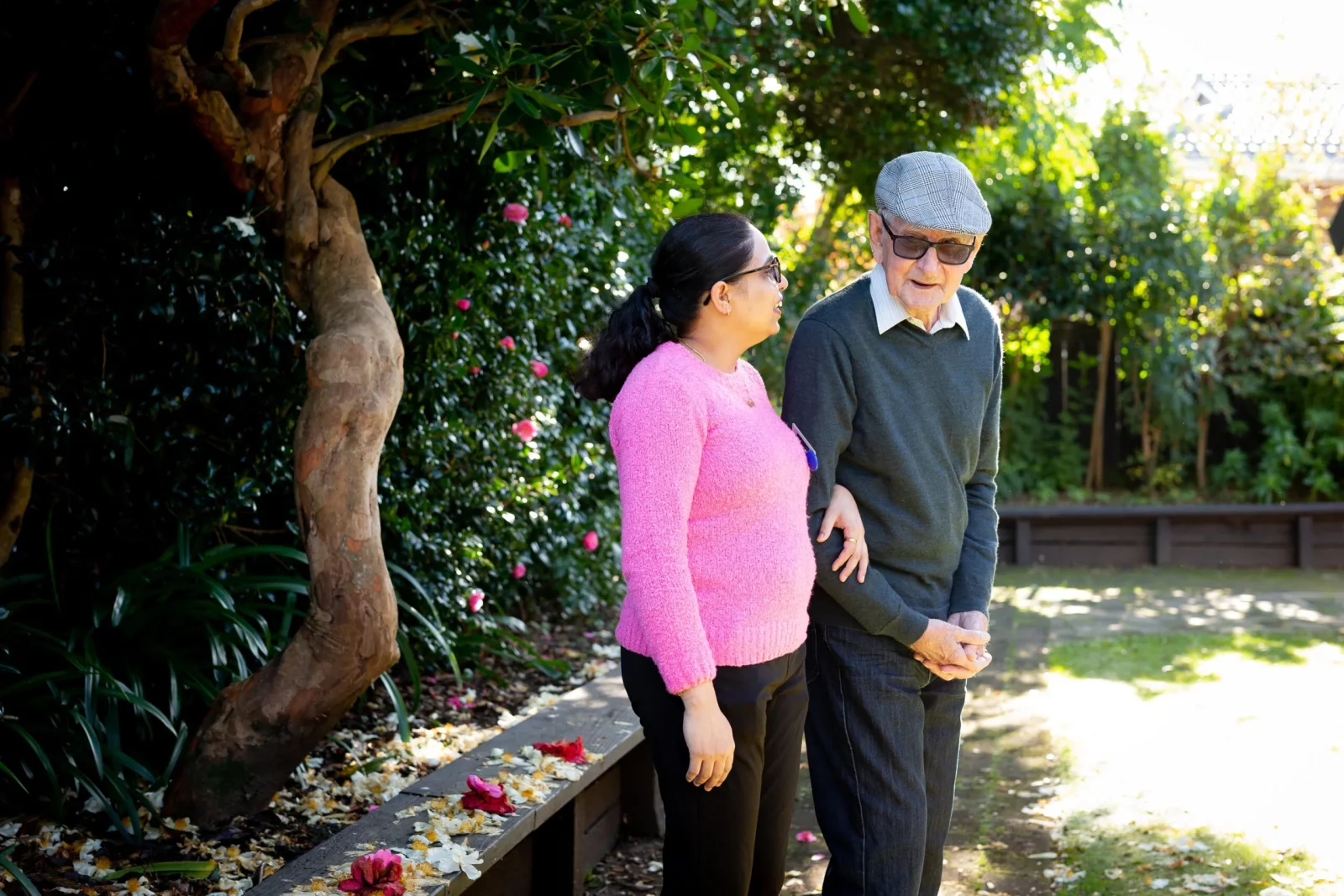Dementia, or mate wareware, is becoming one of the most pressing public health challenges in Aotearoa, New Zealand. With our population ageing rapidly and mental health issues on the rise, the number of people living with dementia is growing at an alarming rate — and the country is not yet prepared to meet the scale of the challenge.
Dementia in Numbers
Right now, around 70,000 Kiwis live with dementia. However, due to underdiagnosis and limited access to care, the real number is likely much higher, closer to 100,000.
Each year, approximately 20,000 new cases are expected, and that number is only projected to rise. By 2050, it’s estimated that over 167,000 New Zealanders will be living with dementia, a 240–300% increase compared to 2020 figures.
Who is Most Affected?
Dementia doesn’t impact all communities equally. Māori, Pacific, and Asian populations are seeing some of the fastest growth in dementia rates, in part because these communities have younger populations that are now reaching older age brackets.
What’s more, these communities often face additional barriers when accessing timely diagnosis and support, compounding the challenges they already face.
The Mental Health Link
Recent studies have found a strong link between mental health conditions such as depression and anxiety and the risk of developing dementia later in life. Having a history of mental health issues can increase your risk by 30–40%.
Given that rates of depression and anxiety have increased by over 50% in New Zealand between 2016 and 2023, this is particularly concerning. Addressing mental health is now seen as a crucial part of dementia prevention.
Why the Rise?
Several factors are contributing to the rising tide of dementia:
- An ageing population: Age remains the strongest risk factor for dementia.
- Poor mental health: Growing mental health issues are now understood to play a significant role.
- Chronic conditions: Risk factors like high blood pressure, obesity, and diabetes increase dementia risk.
- Underdiagnosis and lack of support: An estimated 30,000 people with dementia in NZ are currently undiagnosed or not receiving adequate support.
What Can Be Done?
While the statistics are sobering, there are positive steps we can take as a country and as individuals.
- Early Detection
Improving access to early diagnosis is key — not just to slow the progression of the disease, but also to ensure families and whānau can plan and access support services sooner. - Mental Health Investment
Tackling the mental health crisis in Aotearoa is not just about the here and now — it’s also about future-proofing our ageing population. - Reducing Risk Factors
Research shows that even a 15% reduction in modifiable risk factors like obesity, smoking, and social isolation could significantly reduce dementia prevalence, especially among Māori and Pacific peoples. - Community Support Services
More funding and attention must go towards building accessible, community-based dementia support networks that meet the cultural and practical needs of our diverse communities.
A Call for Action
As the numbers climb, dementia is no longer a future problem — it’s a present reality. Without urgent action, we risk overwhelming families, healthcare providers, and dementia care facilities.
Now is the time to invest in prevention, early intervention, and long-term support for the growing number of Kiwis impacted by dementia.
Need Support?
If you or a loved one is affected by dementia, you’re not alone. Visit Dementia NZ for helpful resources, support networks, and ways to get involved in advocacy.
